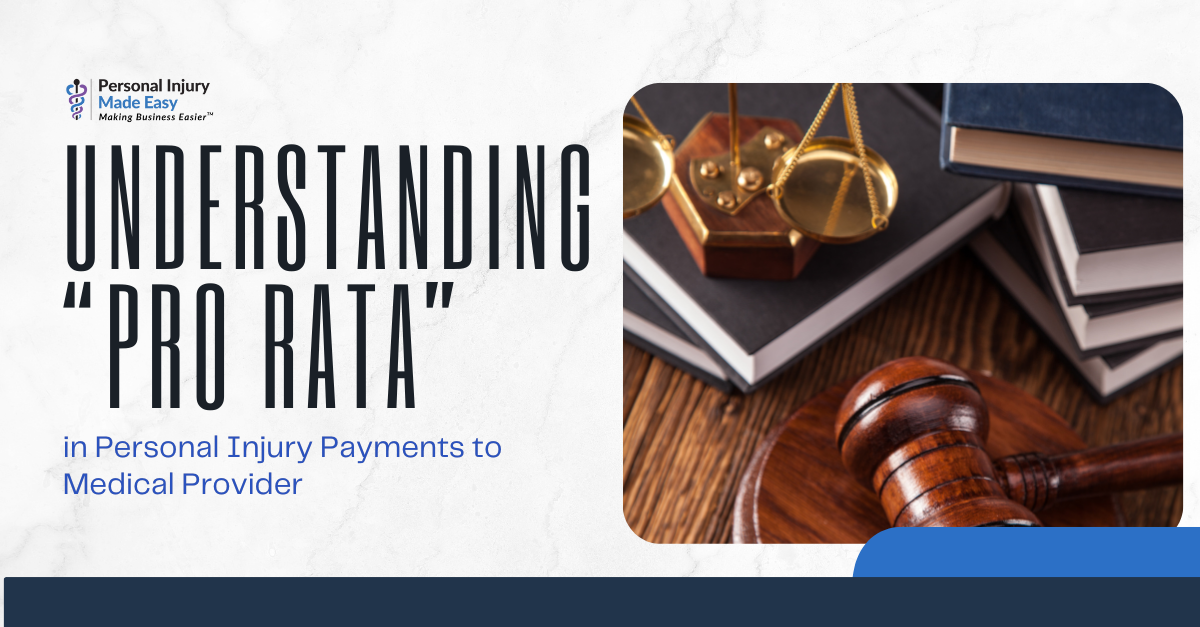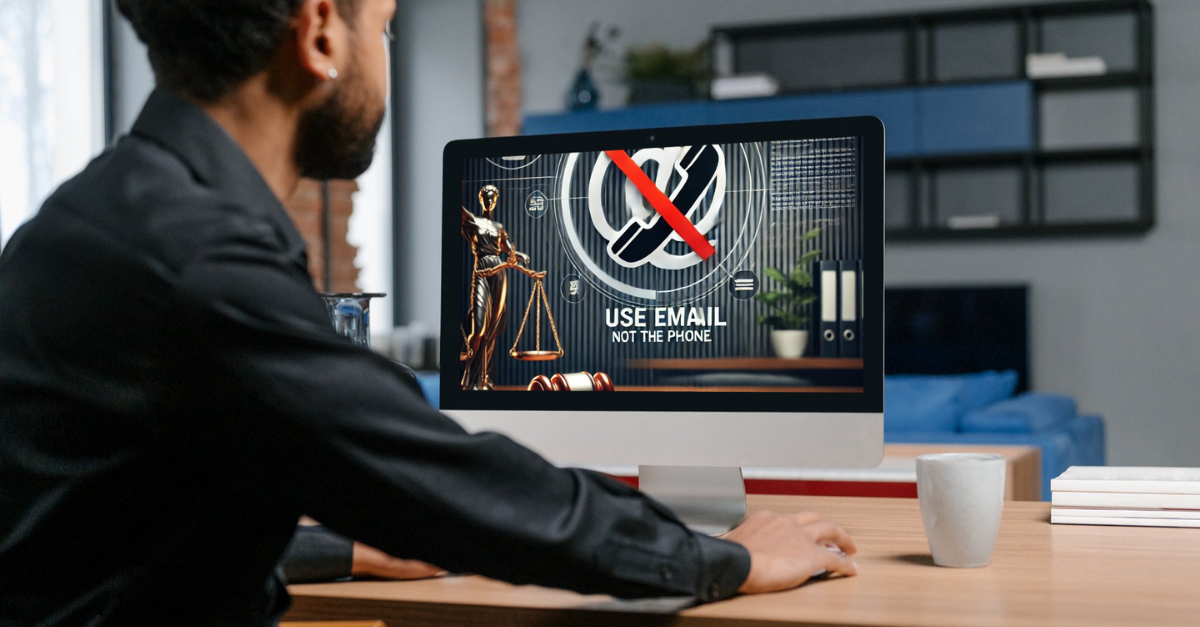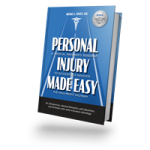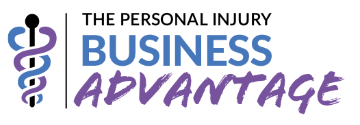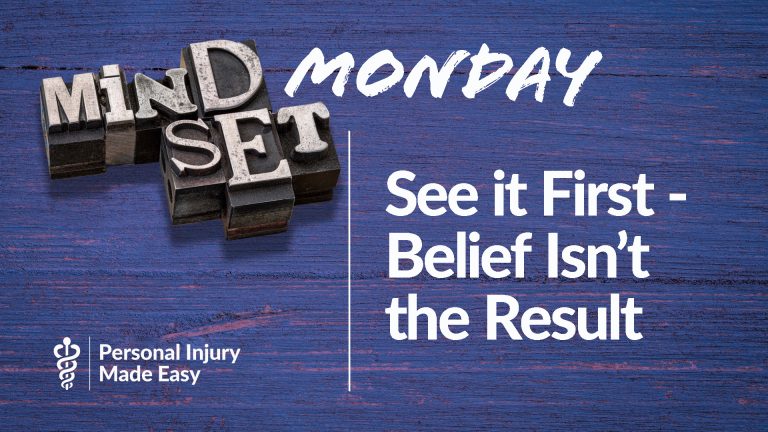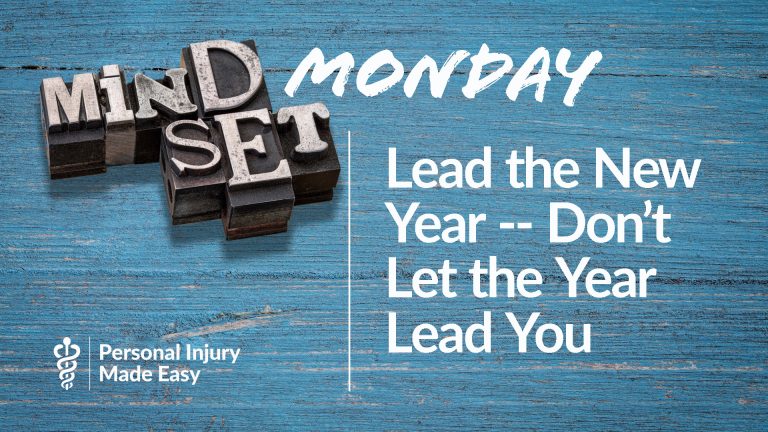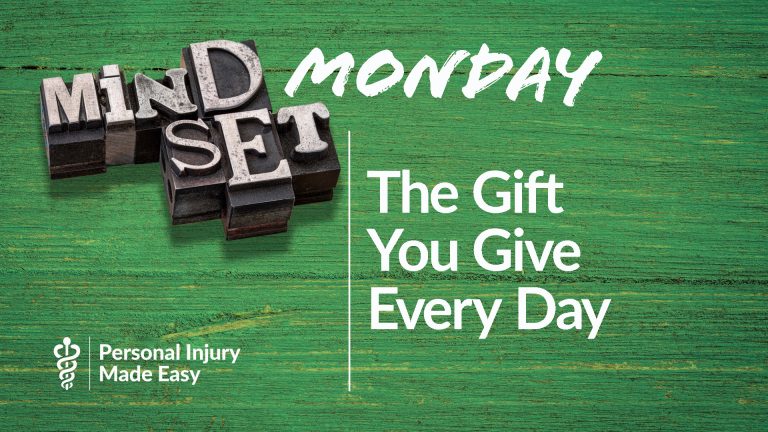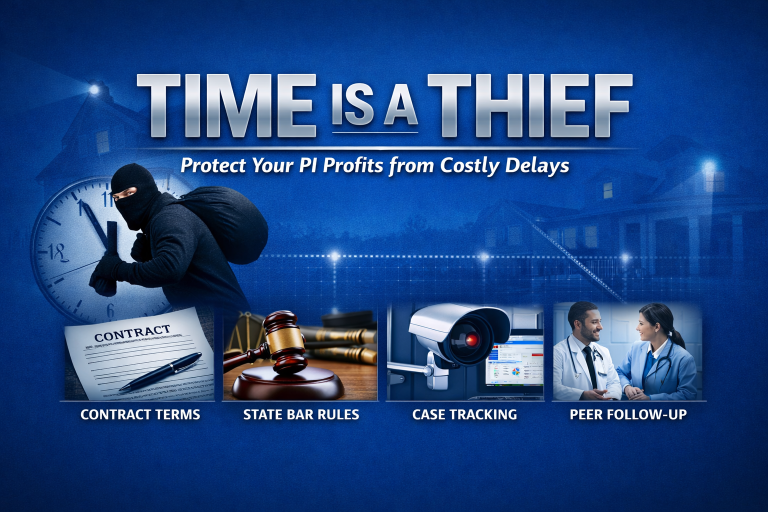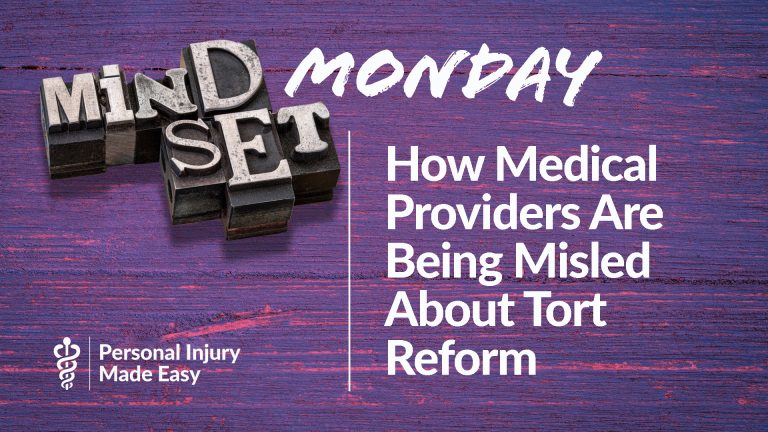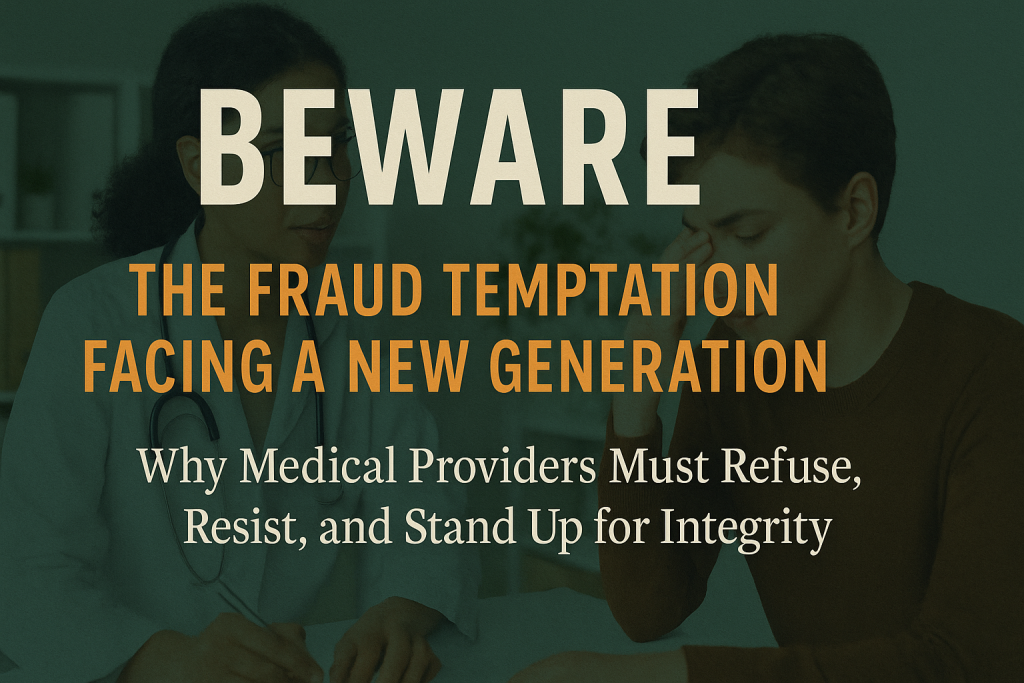
Patient Fraud: Why Medical Providers Must Refuse, Resist & Stand Up for Integrity
Today I want to sound an alarm about something that is both troubling and urgent. A recent insurer study revealed something that should disturb every one of us: two out of five young adults between the ages of 25 and 34 believe it’s okay to defraud insurers. They see it not as theft, but as a clever way to save—or even make—money.
This isn’t just a statistic. This is a mindset shift, a generational disconnect between the values I grew up with as a baby boomer and what some in younger generations are coming to accept. It’s a dangerous trend for our society, our patients, and most importantly, our medical profession. As someone who coaches and guides medical providers in personal injury, and as a father of six and grandfather of three, I take this personally.
The Medical Office Risk
Now, let’s be blunt. This isn’t just about some nameless person fudging their auto claim or lying on a policy application. For you, the medical professional, this problem is coming right through the front doors of your offices. And even worse, some providers are not just ignoring the fraud; they are participating in it.
If you are padding claims, inflating bills, or working with patients to “game the system,” let me say this as directly as I can: STOP. You are committing fraud. You are risking your license, your reputation, and your livelihood. No check is worth your integrity.
The Subtle Traps of Fraud
You might say, “Well, I would never commit fraud.” Good. I hope that’s true. But let me tell you where the traps are, because patients may try to pull you into them without you even realizing it. According to the Coalition Against Insurance Fraud, here are some of the most common forms of fraud that many young people mistakenly think are harmless or clever: padding claims, lying on forms, false medical billing, omitting key details, exaggerating injuries and losses.
These are not gray areas. These are black-and-white cases of fraud. They are illegal. They are unethical. And if you participate, knowingly or unknowingly, you are complicit.
Why This Trend Is Growing
Why is this happening? Why do so many young people feel it’s okay to cheat insurers? Part of it is cultural. Some younger generations see large corporations, especially insurers, as faceless, wealthy giants who “deserve” to be taken advantage of. They rationalize it by saying, “It’s not really hurting anyone.”
You know better. Fraud doesn’t just hurt an insurance company’s balance sheet. Fraud drives up premiums for every honest policyholder. Fraud strains trust between insurers and providers, making it harder for legitimate claims to be paid fairly. Fraud poisons the very ecosystem you work in every day.
Your Responsibility as Providers
That’s why you, as medical providers, have to be vigilant. You cannot let your guard down when patients come in with questionable stories, incomplete records, or pressure to “help them out.” You have to keep our antennae up.
Here’s the reality: you may be the last line of defense. You may be the only person in the chain of care who can say, “Wait a minute, this doesn’t look right.” If you look the other way, if you “go along to get along,” then you are helping to fuel the problem.
Remember: your license is not renewable once it’s revoked. Your reputation is not repairable once it’s destroyed. And your integrity is not replaceable once it’s compromised.
A Generational Call to Action
Now, I want to step back for a moment. Yes, this is about fraud. Yes, this is about legal and financial risk. But it’s also about something bigger: it’s about character.
We as elders owe it to the younger generations to call this out. We cannot shrug our shoulders and say, “That’s just how kids think these days.” No. Integrity matters. Character counts. And sometimes that means “sticking our nose in” and mentoring younger providers, younger staff, even younger patients.
Because if we don’t, who will? If we don’t model and stand up for integrity, then the fraud trend only grows stronger, and the damage only spreads wider.
Practical Steps for Standing Up
So what can you do? Let me give you three simple but powerful steps:
- Educate Your Team: Make sure everyone in your office knows what qualifies as fraud. Sometimes staff members don’t realize that small shortcuts or patient “favors” cross legal lines. Knowledge is the first defense.
- Establish Clear Policies: Have written procedures in your office about billing, documentation, and patient interactions. When a questionable situation arises, your staff should know exactly what to do, and perhaps more importantly, what not to do.
- Be Willing to Say No: This is the hardest part. You may have to turn away a patient. You may have to decline a referral. You may have to walk away from easy money. But remember: every “No” you say to fraud is really a “Yes” to protecting your license, your reputation, and your integrity.
Conclusion: The Stand We Must Take
Friends, this is not a small issue. This is not a victimless crime. Fraud, whether by patients, providers, or insurers themselves, is a cancer for the medical profession and our society. And today we are seeing a troubling rise in younger generations accepting it as “clever” or “normal.”
But we don’t have to accept it. We don’t have to participate. And we don’t have to stay silent.
Let us take a stand together. Let us mentor and guide those younger than us. Protect your offices, your licenses, and your reputations. And let us all remember that at the end of the day, what matters most is not the money we collect, but the integrity we keep.
Because insurance claims come and go, patients come and go, and money comes and goes. But character? The character stays. And it is priceless.


